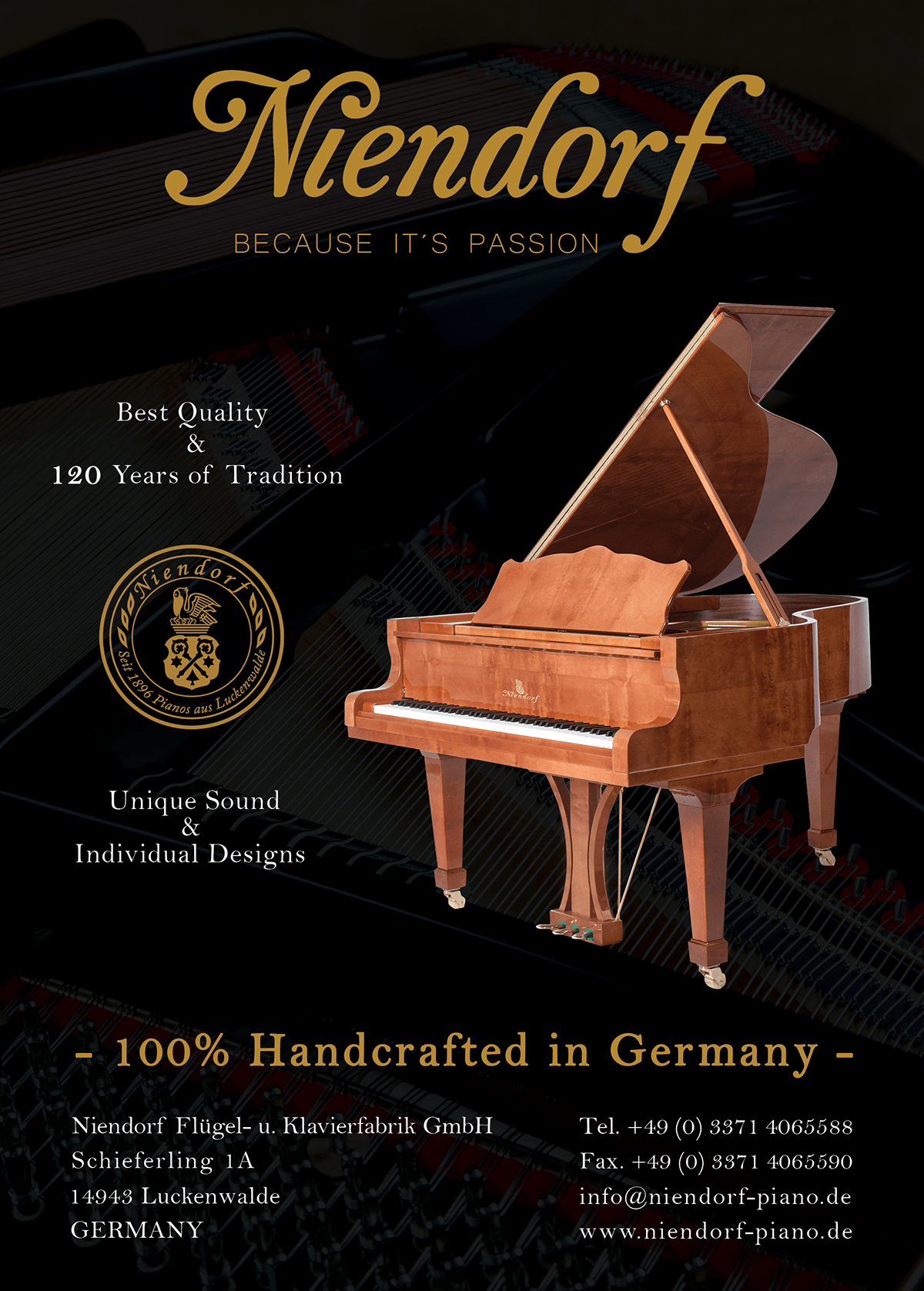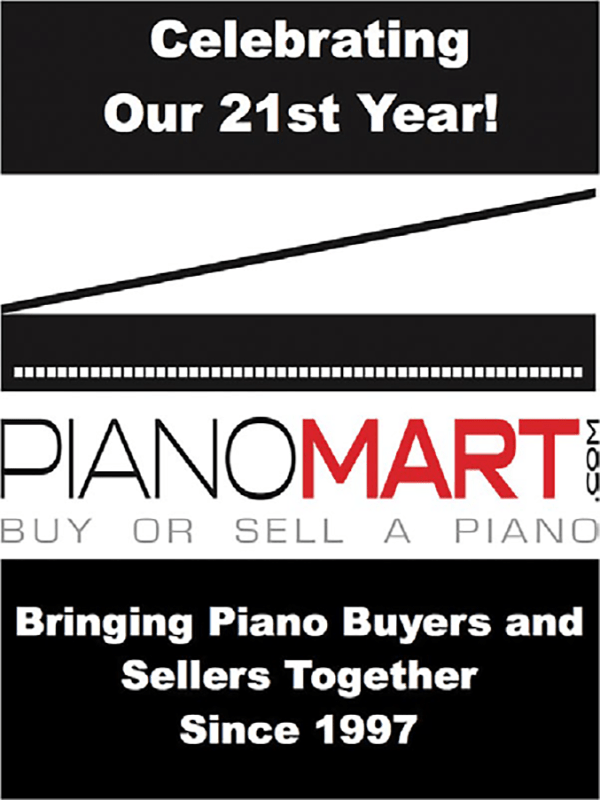
Due to the high cost of advertising and conducting piano megasales (such as college sales, truckload sales, etc.), prices at these events are often actually higher than the price you could negotiate any day of the week, and the pressure to buy can be substantial. Shop at these sales only after you’ve shopped elsewhere, and look for the real bargains that can occasionally be found there.

If you’re buying a new piano to replace one that’s no longer satisfactory, you’ll probably want to trade in the old one. Dealers will usually take a trade-in, no matter how bad it is, just to be able to facilitate the sale. In fact, in many cases the dealer will offer you what seems like a king’s ransom for the old one. The downside is that when a generous trade-in allowance is given on the old piano, the dealer is then likely to offer you a less-generous price on the new one. To see if you’re being offered a good deal, you’ll have to carefully analyze the fair-market value of the old piano and what would be a likely price for the new one without a trade-in. Sometimes it will be to your advantage to sell the old piano privately, though in that case you’ll need to take into account the hassle factor as well.
For more information about new-piano prices and negotiating, see the introduction to the “Model & Pricing Guide,” elsewhere in this issue, as well as in The Piano Book.
Used-piano prices may or may not be negotiable. If the used piano is being sold by a dealer who primarily sells new pianos at negotiable prices, then the used-piano prices are probably also negotiable. Prices of restored pianos sold by the restorer are less likely to be negotiable, as technical people are usually less comfortable with bargaining. Prices of pianos for sale by private-party sellers are usually negotiable, in part because the seller often has little idea of what the piano should sell for and has made up a price based only on wishful thinking. But even knowledgeable sellers will usually leave a little wiggle room in their price.
Previous Topic Next Topic